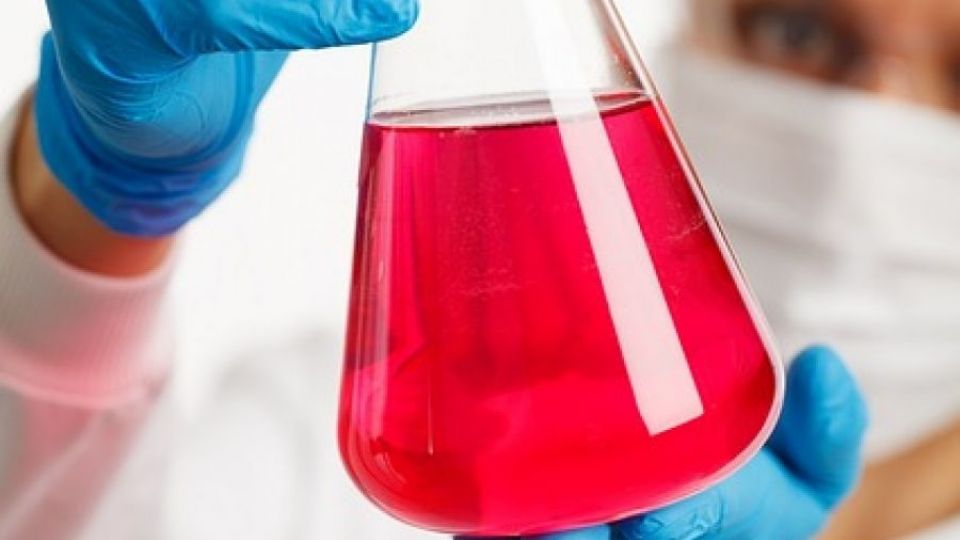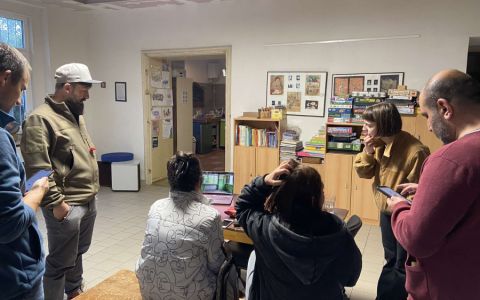Knowledge of the composition of the product is key for consumers deciding whether to buy the product or not. However, the information is important even after the products are not serving anymore. Toxic substances in waste, due to poorly set recycling rules, are coming back as boomerangs and flooding the world. If we want to bring the reputation of recycling back and re-use only safe material, the recycling company must know the composition of the recycling business so that toxic waste can be eliminated and disposed of once and for all.
Arnika within the network IPEN regularly monitors the chemical composition of products from recycled plastic. Banned toxic substances that were previously used to hardware-electronics development have been discovered even in toys for little children or in hairdressing goods from regular shops in the Czech Republic. We have measured up to now the highest amount of neurotoxic brominated flame retardants that surpassed the values measured in items purchased in Nigeria or Argentina!
Arnika, along with non-governmental organizations across Europe, is working to stop the poisoning of recycled products. If even you do not want your children to play with toxic toys, then sign up for a call at www.recyklujbezjedu.cz.
Arnika, together with other leading European non-governmental organizations, calls on National Delegates for European Policy on Strategic Approach to International Chemicals Management (SAICM) to introduce mandatory labeling of the chemical composition of products as we know for food and cosmetics. At the same time, the organizations prepared a concrete draft and handed it over to the politicians.
In this case, we are dealing with the Czech representative of SAICM at the Ministry of the Environment, with Ing. Karel Bláha, CSc., who stated: “Thank you for creating the draft for a legally binding SAICM instrument. The subject is undoubtedly interesting and I will be pleased to present it for discussion at the SAICM Regional Meeting in Lodz.”
Through SAICM, Europe has committed itself to ensuring the safe handling of chemicals by 2020. At present NGOs are given the opportunity to comment on the form of this tool. This option Arnika together with leading European NGOs used and formulated demands that are of interest to consumers.
“The year 2020 is fast approaching and so far there is no indication of the fact that SAICM could substantially succeed on his way to his goal. It is no surprise because SAICM has proposed only voluntary instruments for the whole duration of its existence, to which the industrial companies did not join. If the SAICM policy is to be effective, it will need to put in place measures that are legally binding on businesses and suppliers,” explains Jitka Straková from Arnika.
Translation: Hana Borejová







